Home>Garden Essentials>What Temperature Do Carrots Need To Germinate
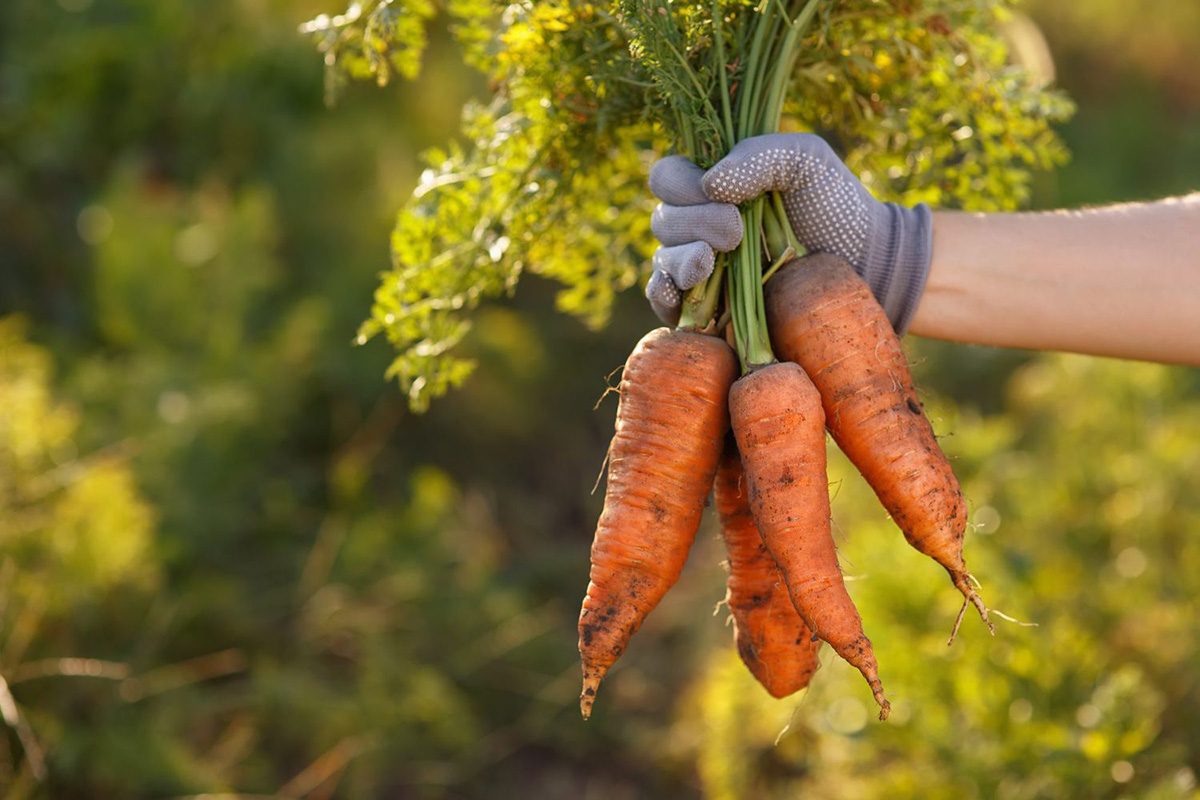

Garden Essentials
What Temperature Do Carrots Need To Germinate
Modified: April 22, 2024
Achieve successful carrot germination in your garden by providing the optimal temperature conditions. Discover the ideal temperature range for carrot seed germination and ensure a thriving garden harvest.
(Many of the links in this article redirect to a specific reviewed product. Your purchase of these products through affiliate links helps to generate commission for Storables.com, at no extra cost. Learn more)
Introduction
Carrots are a popular vegetable in home gardens, prized for their sweet and crunchy taste. Whether you’re a seasoned gardener or a beginner, understanding the factors that affect carrot germination is crucial for successful cultivation. One of the most important factors is temperature.
Temperature plays a vital role in the germination process, affecting the speed and success of carrot seed sprouting. Different vegetable crops have specific temperature requirements, and carrots are no exception. Providing the ideal temperature conditions will ensure healthy seedlings and a bountiful carrot harvest.
In this article, we will explore the factors that affect carrot germination and dive into the specific temperature range that carrots need to thrive. Additionally, we will provide some valuable tips on how to provide optimal temperature conditions for successful carrot germination. So let’s get started!
Key Takeaways:
- Carrot seeds need a soil temperature of 60-70°F (15-21°C) for best germination. Too cold or too hot can slow or stop the process, so keep an eye on the temperature to help your carrots grow!
- Different carrot varieties have specific temperature preferences, so check the recommendations from your seed supplier. By providing the right temperature conditions, you can increase the chances of successful carrot germination and enjoy a bountiful harvest.
Factors Affecting Carrot Germination
Several factors contribute to the germination process of carrots. Understanding these factors can help you create the ideal conditions for successful seed sprouting. Let’s take a closer look at some of the key factors affecting carrot germination.
1. Soil Moisture: Adequate moisture in the soil is essential for carrot seed germination. If the soil is too dry, the seeds may not receive enough moisture to activate germination. On the other hand, if the soil is waterlogged, it can lead to rotting of the seeds. Maintaining balanced soil moisture is crucial for optimal carrot germination.
2. Seed Quality: The quality of the carrot seeds you use also plays a significant role in germination. It’s important to source high-quality seeds from reputable suppliers or harvest them from healthy and mature carrots in your garden. Old or poor-quality seeds may have a lower germination rate, resulting in spotty or weak seedlings.
3. Soil Temperature: As mentioned earlier, temperature is a critical factor in carrot germination. Carrot seeds require specific temperature ranges to initiate sprouting. If the soil temperature is too low or too high, it can hinder germination or cause the seeds to rot. Maintaining the correct soil temperature is crucial for successful carrot germination.
4. Light and Darkness: Unlike some seeds that require light for germination, carrot seeds prefer darkness. It is best to plant carrot seeds at a depth where they are shielded from direct sunlight. Covering the seeds with a thin layer of soil will provide the necessary darkness for germination.
5. Soil Texture: The texture of the soil affects moisture retention and drainage, which are both crucial for carrot germination. Carrots prefer well-draining soil with a loose texture. Heavy clay soils can become compacted, leading to poor airflow and drainage, which can hinder germination. Amending the soil with organic matter can improve its texture and promote better germination.
By understanding and optimizing these factors, you can improve the chances of successful carrot germination. Providing the ideal conditions will give your carrot seeds the best chance to sprout and grow into healthy seedlings. Now that we’ve discussed the factors affecting carrot germination let’s move on to understanding the ideal temperature for this process.
Ideal Temperature for Carrot Germination
Temperature plays a crucial role in the germination process of carrots. Carrot seeds have specific temperature requirements for optimal germination. Understanding the ideal temperature range will help you provide the best conditions for successful sprouting.
The ideal temperature for carrot germination ranges between 50 to 80 degrees Fahrenheit (10 to 27 degrees Celsius). However, the optimal temperature for most carrot varieties falls within the range of 60 to 70 degrees Fahrenheit (15 to 21 degrees Celsius).
Carrots are cool-season vegetables and can tolerate cooler temperatures during germination. At lower temperatures, around 50 to 55 degrees Fahrenheit (10 to 13 degrees Celsius), carrot seeds will take longer to germinate. It’s important to note that temperatures below 45 degrees Fahrenheit (7 degrees Celsius) can inhibit germination.
On the other hand, extremely high temperatures can also hinder carrot germination. When exposed to temperatures exceeding 80 degrees Fahrenheit (27 degrees Celsius), carrot seeds are prone to drying out or becoming damaged, resulting in poor germination rates.
To maintain a consistent and optimal soil temperature for carrot germination, it’s beneficial to use tools such as a digital soil thermometer. Take regular readings to ensure the temperature remains within the desired range.
In addition to soil temperature, it’s important to consider the air temperature surrounding the growing area. Cool nights and warm days are ideal for carrot germination. If temperatures consistently drop below 50 degrees Fahrenheit (10 degrees Celsius) during the day, carrot seeds may struggle to germinate.
Understanding the ideal temperature range for carrot germination is key to successfully growing this vegetable. By providing the appropriate temperature conditions, you can ensure higher germination rates and healthy seedlings. In the next section, we will explore the germination temperature range for different carrot varieties.
Carrots need a soil temperature of around 50-85°F (10-29°C) to germinate. Use a soil thermometer to monitor the temperature and ensure optimal conditions for germination.
Germination Temperature Range for Different Carrot Varieties
While the ideal temperature range for carrot germination is generally between 50 to 80 degrees Fahrenheit (10 to 27 degrees Celsius), different carrot varieties may have specific temperature preferences for optimal sprouting. Let’s take a look at the germination temperature range for some popular carrot varieties:
1. Nantes Carrots: Nantes carrots are a popular choice due to their sweet flavor and cylindrical shape. They prefer a germination temperature range of 55 to 70 degrees Fahrenheit (13 to 21 degrees Celsius).
2. Danvers Carrots: Danvers carrots are known for their excellent storage capabilities and versatility in cooking. They have a slightly wider temperature range for germination, between 50 to 75 degrees Fahrenheit (10 to 24 degrees Celsius).
3. Imperator Carrots: Imperator carrots are prized for their long and slender shape, making them ideal for raw snacking and cooking. They thrive in a germination temperature range of 55 to 75 degrees Fahrenheit (13 to 24 degrees Celsius).
4. Chantenay Carrots: Chantenay carrots are shorter and broader compared to other varieties, with a sweet and crisp taste. They prefer a germination temperature range of 50 to 70 degrees Fahrenheit (10 to 21 degrees Celsius).
5. Baby Carrots: Baby carrots, which are harvested prematurely, have a more delicate texture and a shorter maturity period. They require a germination temperature range of 55 to 65 degrees Fahrenheit (13 to 18 degrees Celsius).
It’s important to note that these temperature ranges serve as guidelines, and different environmental factors may influence the germination process. Factors such as soil moisture, light exposure, and individual seed quality can also impact the successful sprouting of carrot seeds.
Before planting your carrot seeds, it’s recommended to check the specific recommendations provided by the seed supplier. They may offer specific temperature ranges for their carrot varieties, taking into account the best conditions for successful germination.
By understanding the germination temperature preferences of different carrot varieties, you can tailor your growing conditions to optimize the success rate and produce healthy and vibrant carrot seedlings. In the next section, we will provide some valuable tips for providing the optimal temperature for carrot germination.
Tips for Providing Optimal Temperature for Carrot Germination
To ensure optimal temperature conditions for carrot germination, consider implementing the following tips:
1. Start Indoors: If you live in an area with a short growing season or unpredictable weather, starting your carrot seeds indoors can provide more control over the temperature. Use seed trays or small pots filled with well-draining potting mix and keep them in a warm area of your home.
2. Use Season Extenders: If you prefer to start your carrot seeds outdoors, consider using season extenders like cold frames or row covers. These structures help trap heat and create a microclimate around the plants, promoting warmer soil temperatures.
3. Monitor Soil Temperature: Regularly monitor the soil temperature using a digital soil thermometer. This will help you ensure that the temperature stays within the optimal range for carrot germination. Place the thermometer in the soil to a depth of 1-2 inches (2.5-5 cm), where the carrot seeds will be planted.
4. Mulch the Soil: Apply a thin layer of organic mulch, such as straw or shredded leaves, over the soil surface. Mulch helps regulate soil temperature by insulating it from extreme heat or cold. It will also help conserve moisture and suppress weed growth.
5. Time Your Planting: Plan your carrot sowing based on the average last frost date in your area. Carrot seeds prefer cool temperatures, so aim to plant them a few weeks before the last expected frost. This will give them ample time to germinate and establish before warmer temperatures set in.
6. Water Properly: Maintaining adequate soil moisture is essential for carrot germination. Provide consistent watering to keep the soil moist but not waterlogged. Avoid overhead watering, as it can create excessively cool or warm conditions. Use a gentle watering method, like drip irrigation or a soaker hose, to keep the soil evenly moist.
7. Provide Shade: If you live in a region with hot summers, consider providing shade for your carrot seedlings. This can be achieved by using shade cloth or by planting them near taller plants that provide natural shade during the hottest parts of the day.
8. Thin Out Seedlings: Once your carrot seedlings have emerged, thin them out to ensure proper airflow and spacing. Overcrowded seedlings can lead to increased humidity and interfere with temperature regulation, potentially hindering germination.
By implementing these tips, you can create the optimal temperature conditions for successful carrot germination. Remember to adjust these guidelines based on your specific climate and the recommendations provided by your seed supplier. With the right temperature conditions, you’ll soon be rewarded with healthy carrot seedlings ready to grow into delicious and nutritious carrots.
Read more: What Temperature Do Onions Germinate
Conclusion
Understanding the factors that affect carrot germination and providing optimal temperature conditions are crucial steps towards successful cultivation. By considering soil moisture, seed quality, soil temperature, light exposure, and soil texture, you can create the ideal environment for carrot seeds to sprout and thrive.
The ideal temperature for carrot germination generally falls between 50 to 80 degrees Fahrenheit (10 to 27 degrees Celsius). However, different carrot varieties may have specific temperature preferences within this range. It’s important to be mindful of these preferences to maximize germination rates and ensure healthy seedlings.
To provide the optimal temperature for carrot germination, you can use strategies such as starting seeds indoors, using season extenders, monitoring soil temperature, mulching the soil, timing your planting, providing shade, and properly thinning out seedlings.
Remember to consider your specific climate and the recommendations provided by your seed supplier as you implement these tips. Gardening is a dynamic process, and factors such as regional weather patterns and individual seed quality can influence the success of your carrot germination.
With the right temperature conditions, you can enjoy the satisfaction of watching your carrot seeds sprout and grow into robust plants. From there, with proper care and cultivation, you’ll soon be harvesting sweet and nutritious carrots to enjoy in various culinary creations.
So, embrace the art of carrot germination and experiment with different varieties to find the ones that thrive in your climate. With patience and attention to temperature, you’ll be rewarded with a bountiful carrot harvest and a sense of accomplishment as you reap the delicious rewards of your gardening efforts.
Frequently Asked Questions about What Temperature Do Carrots Need To Germinate
Was this page helpful?
At Storables.com, we guarantee accurate and reliable information. Our content, validated by Expert Board Contributors, is crafted following stringent Editorial Policies. We're committed to providing you with well-researched, expert-backed insights for all your informational needs.
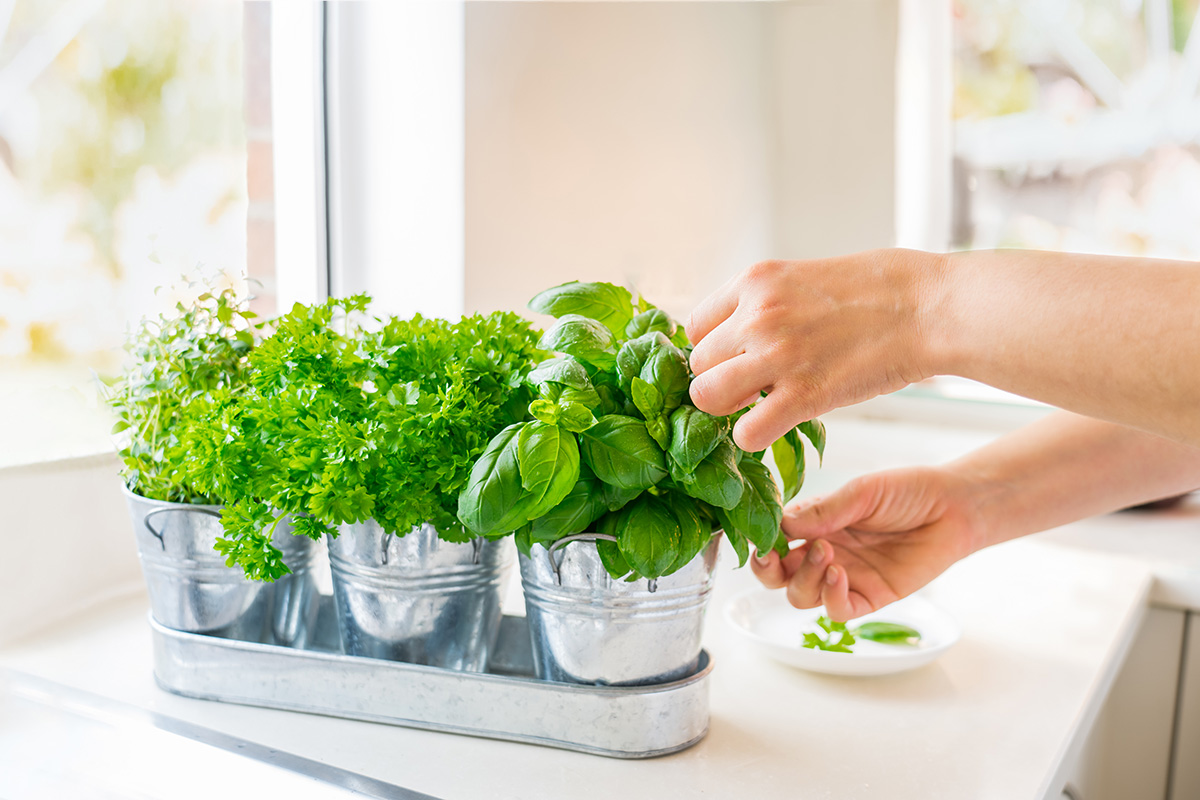
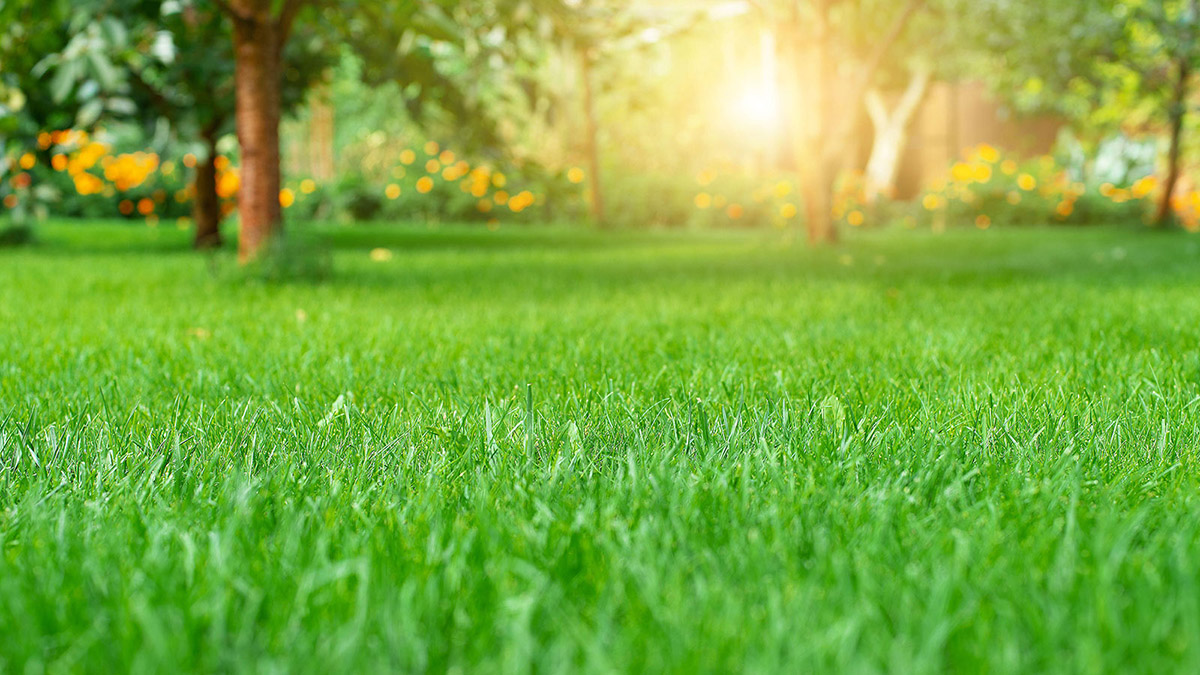
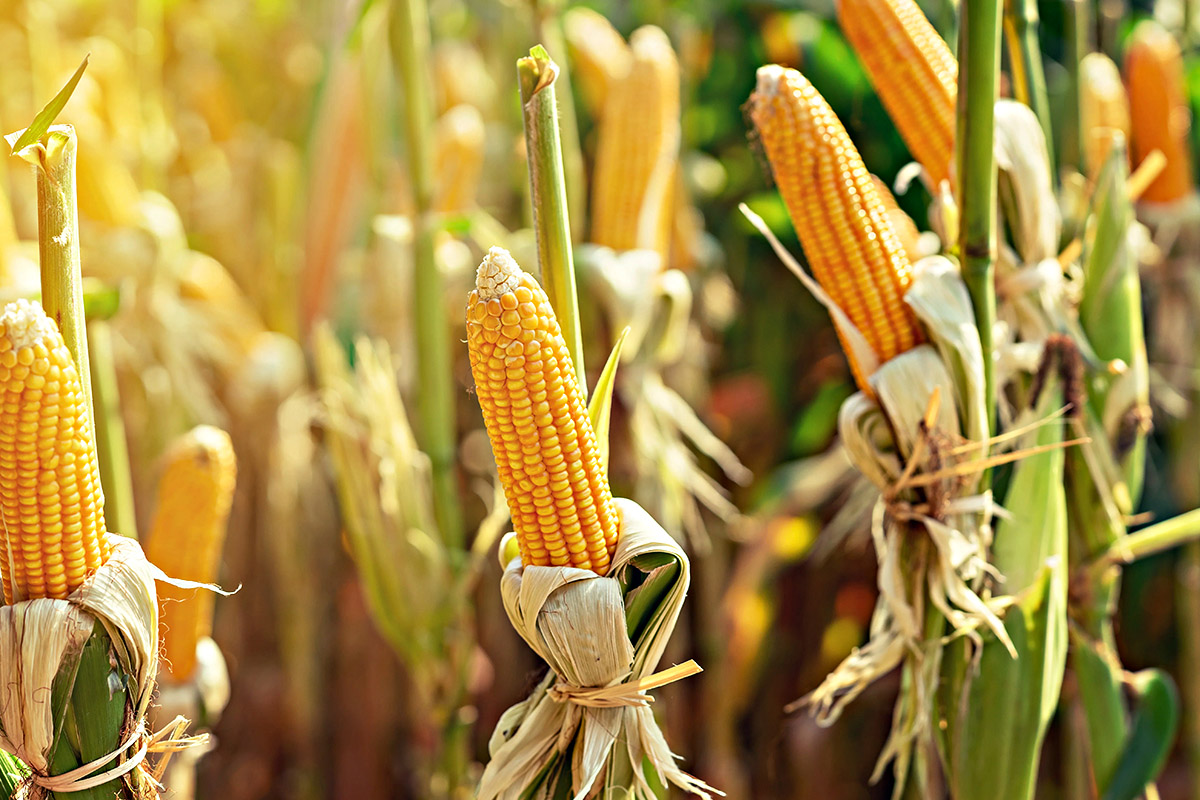

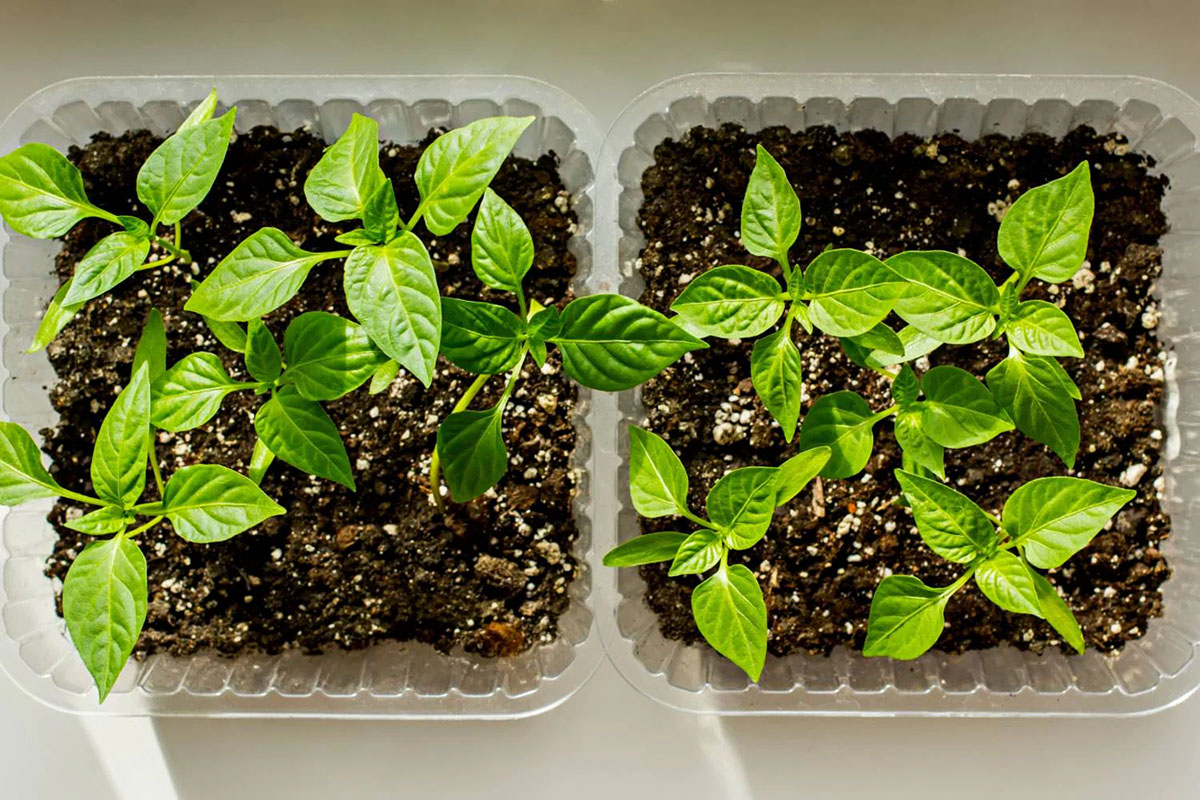
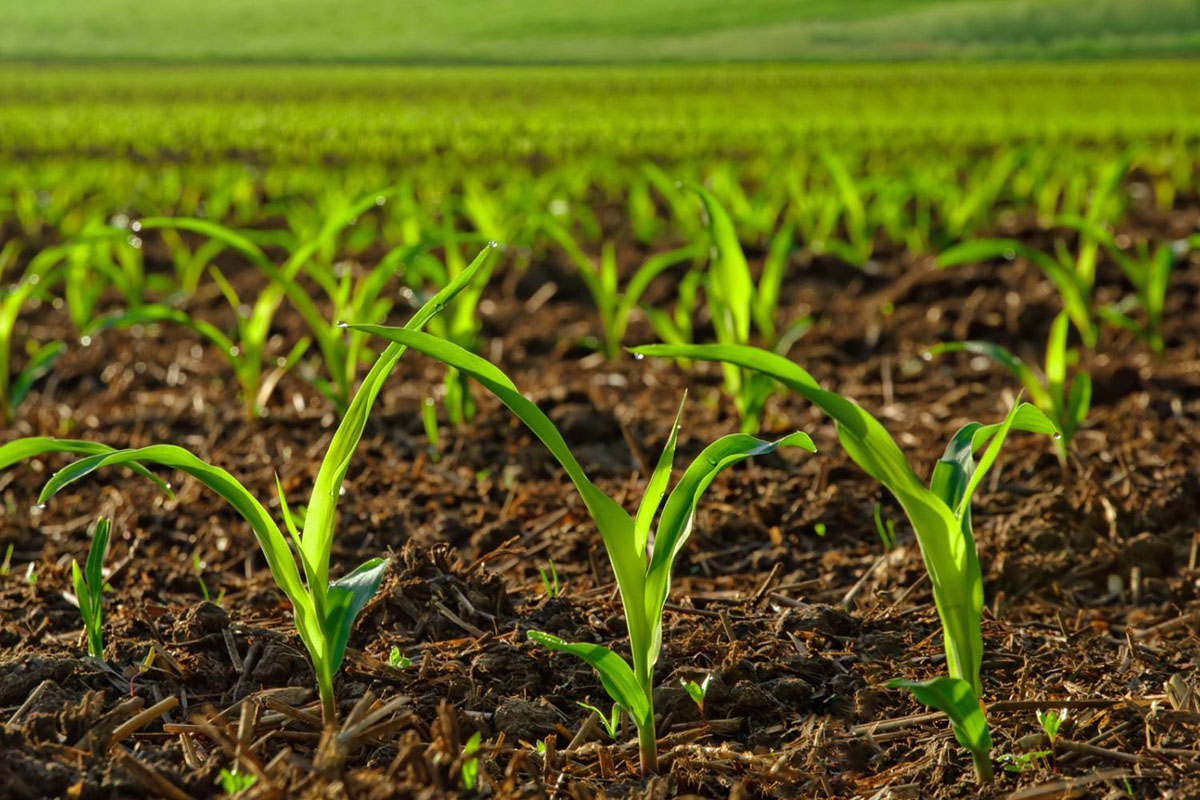
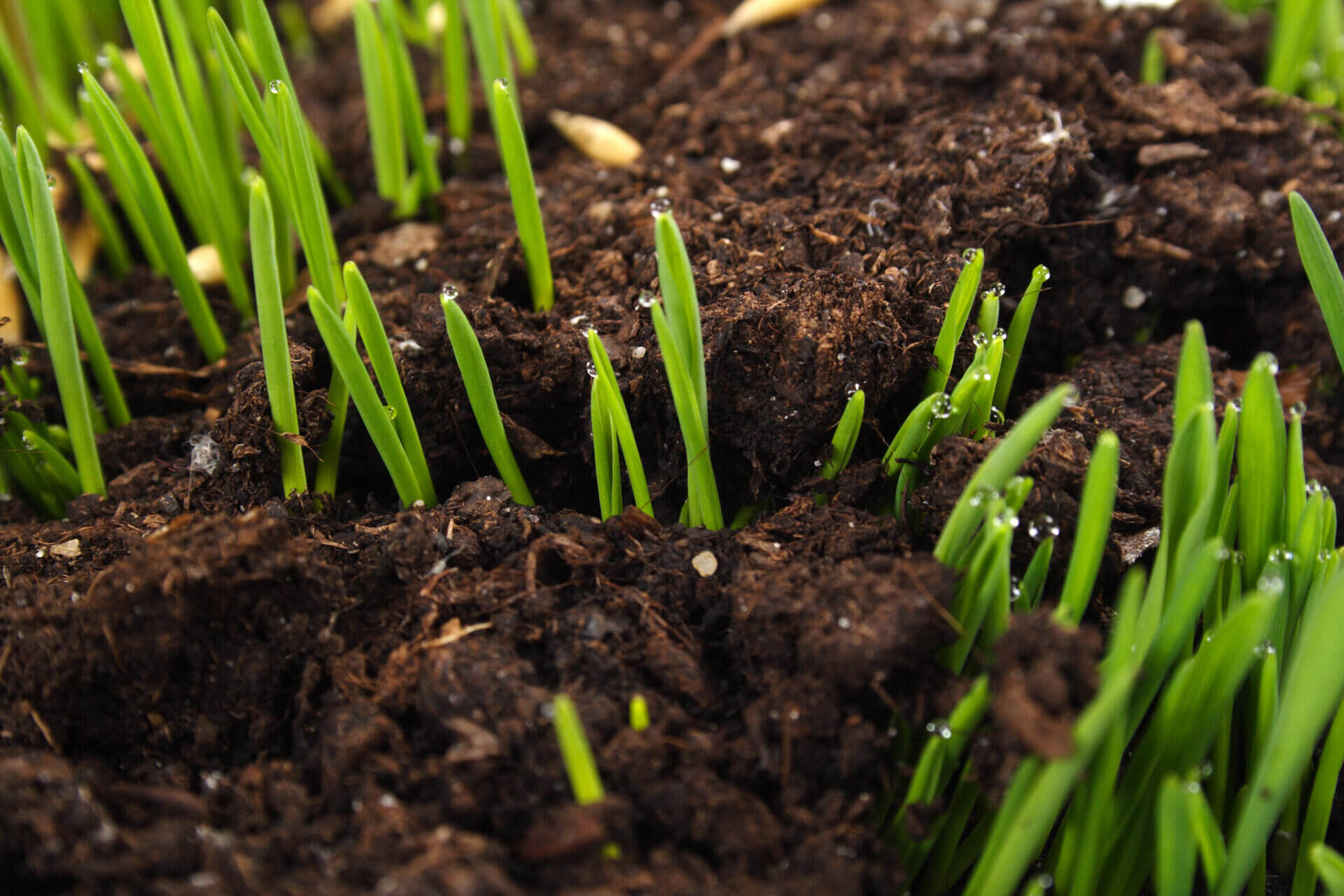
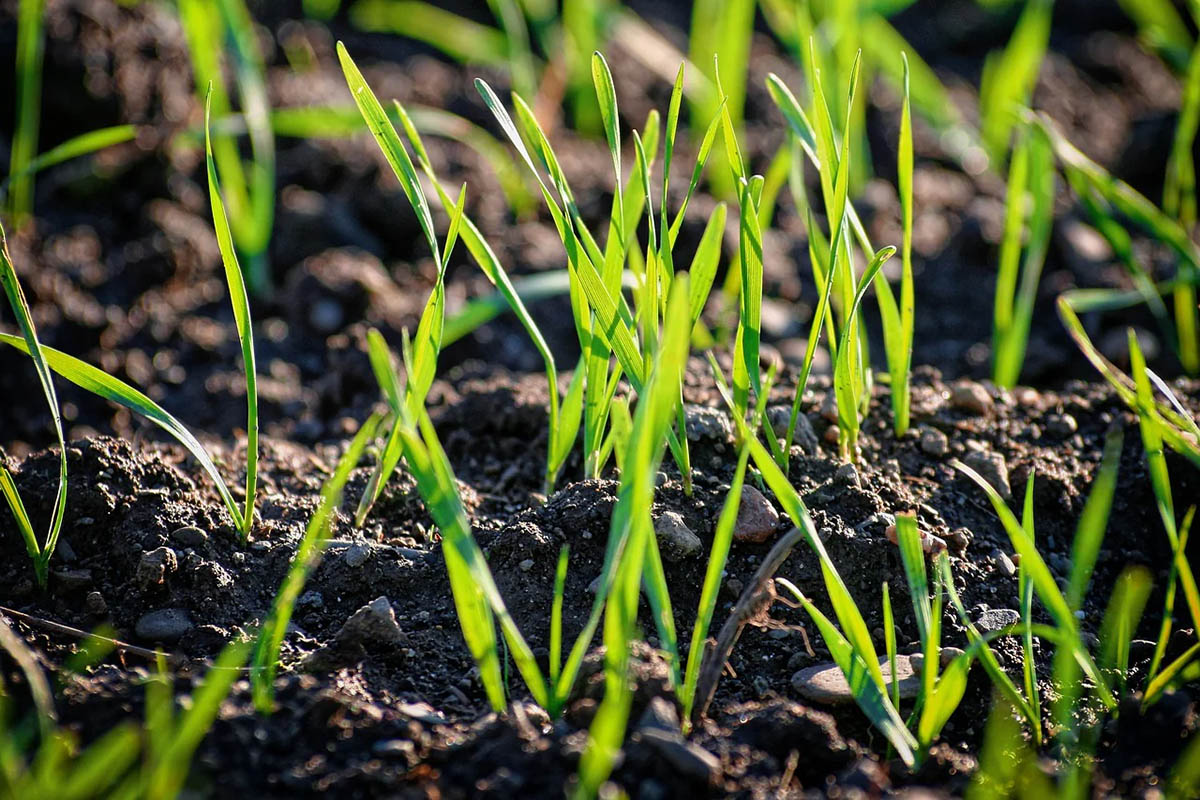
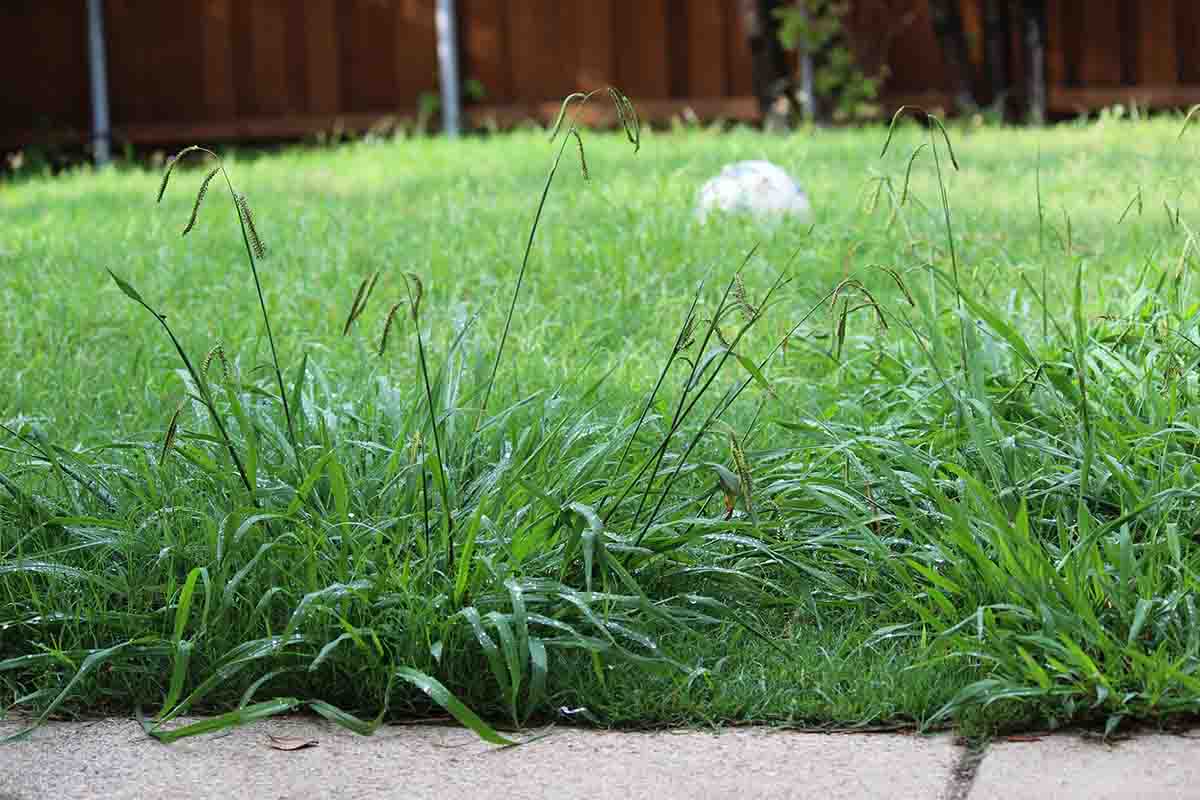
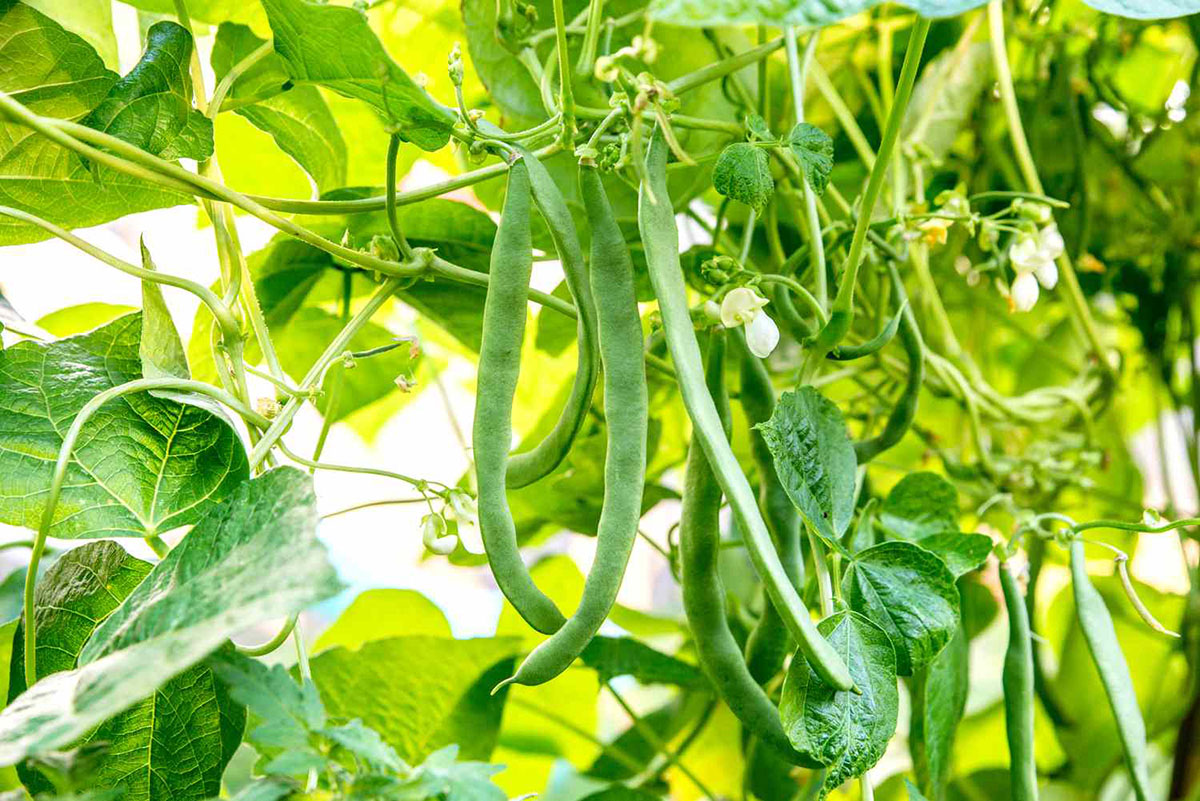
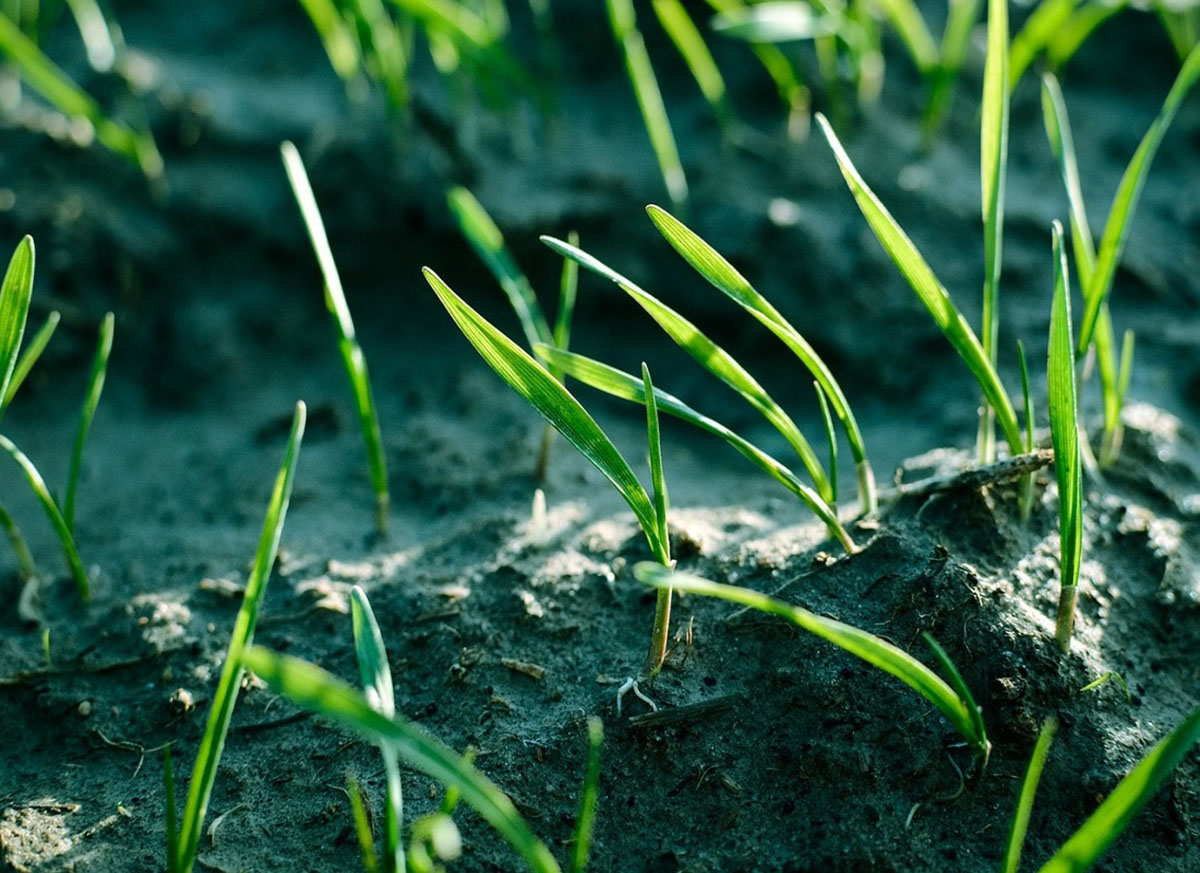
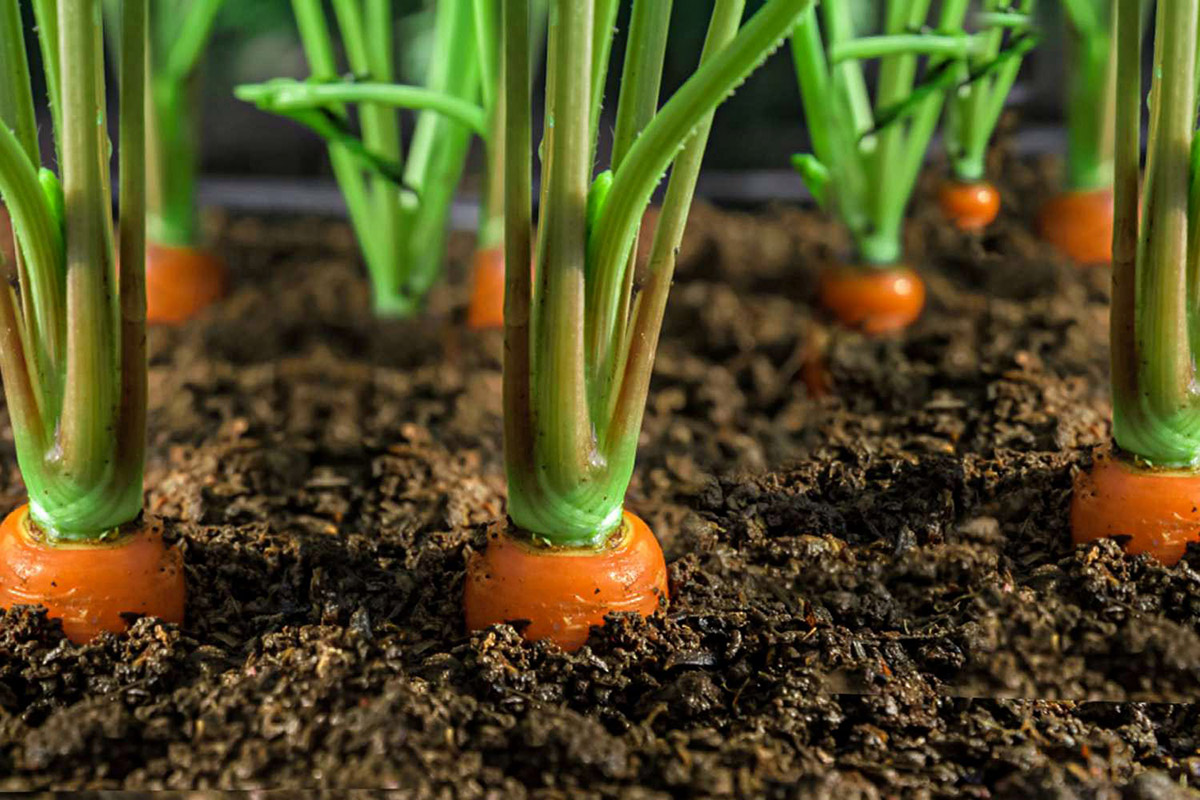
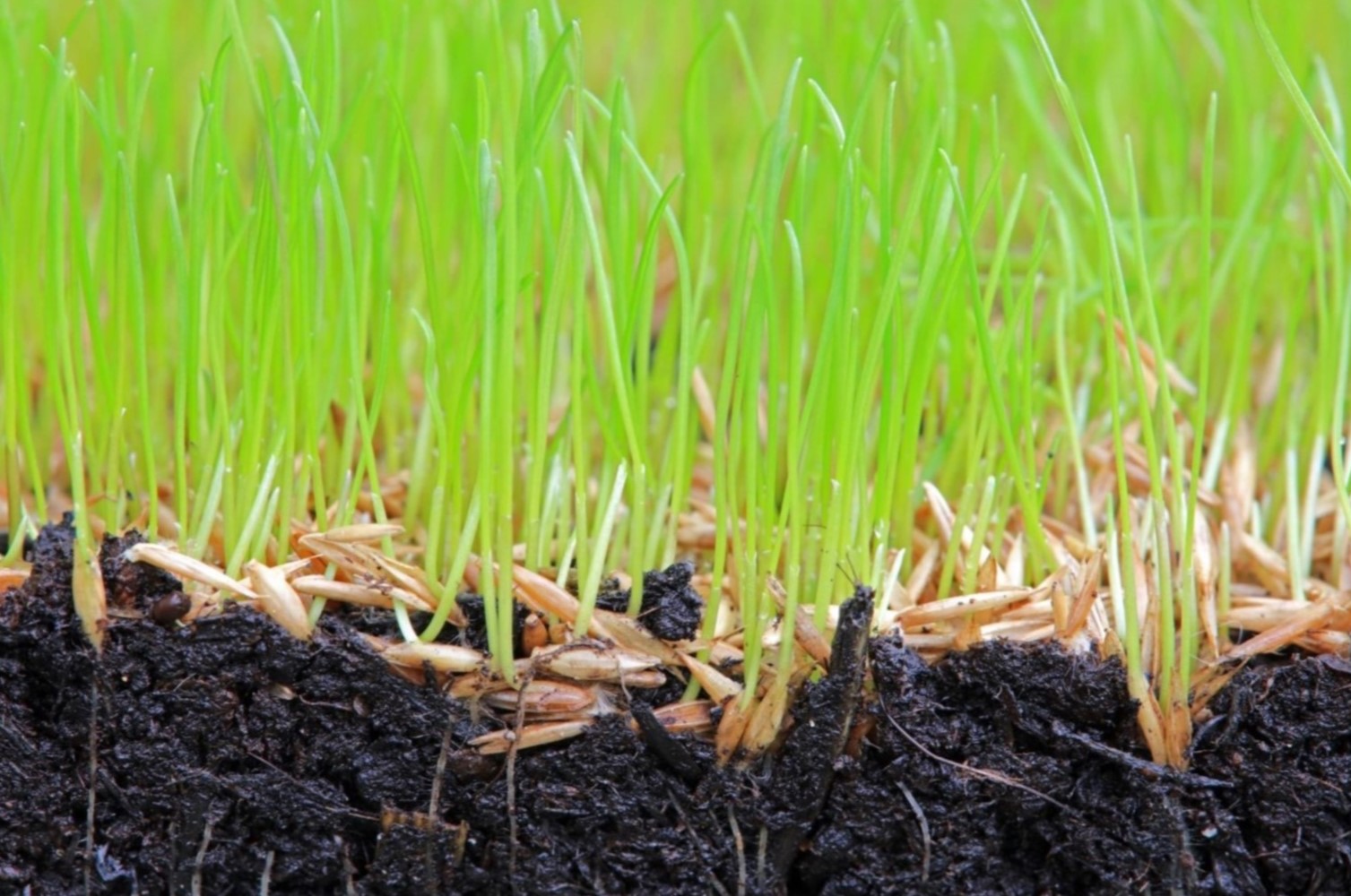
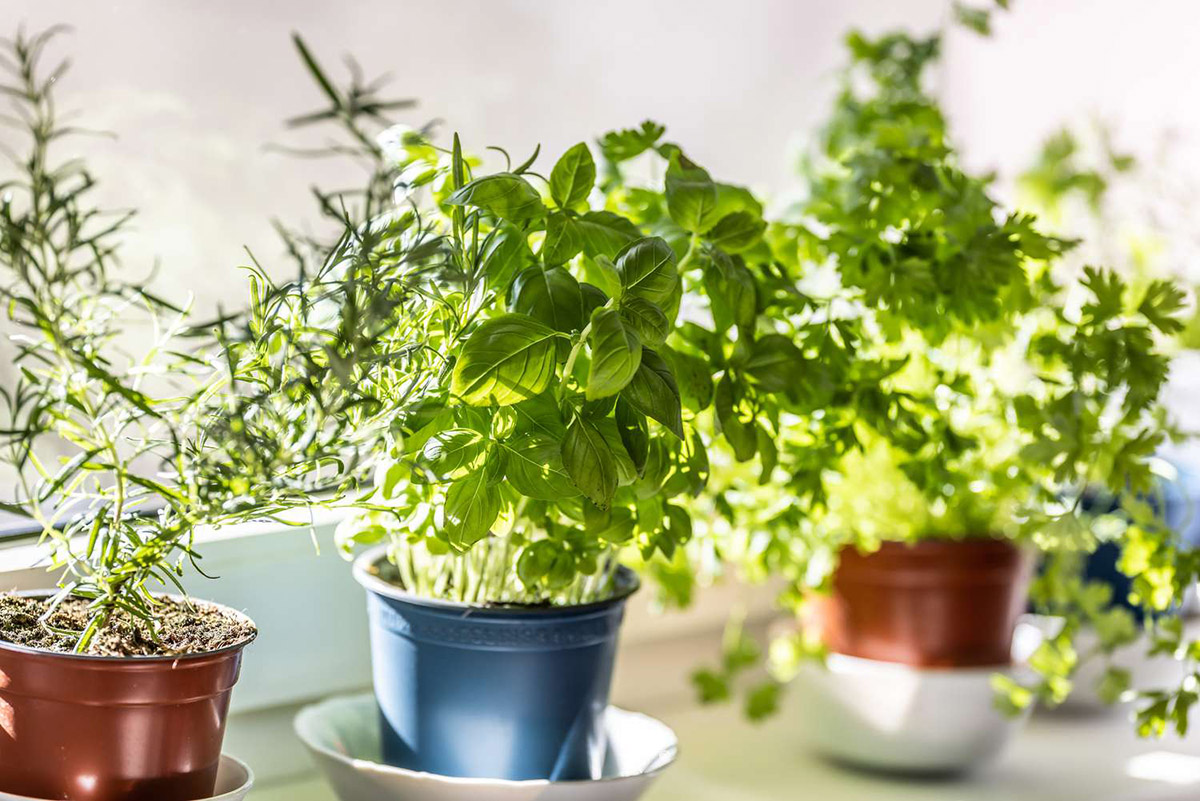

0 thoughts on “What Temperature Do Carrots Need To Germinate”